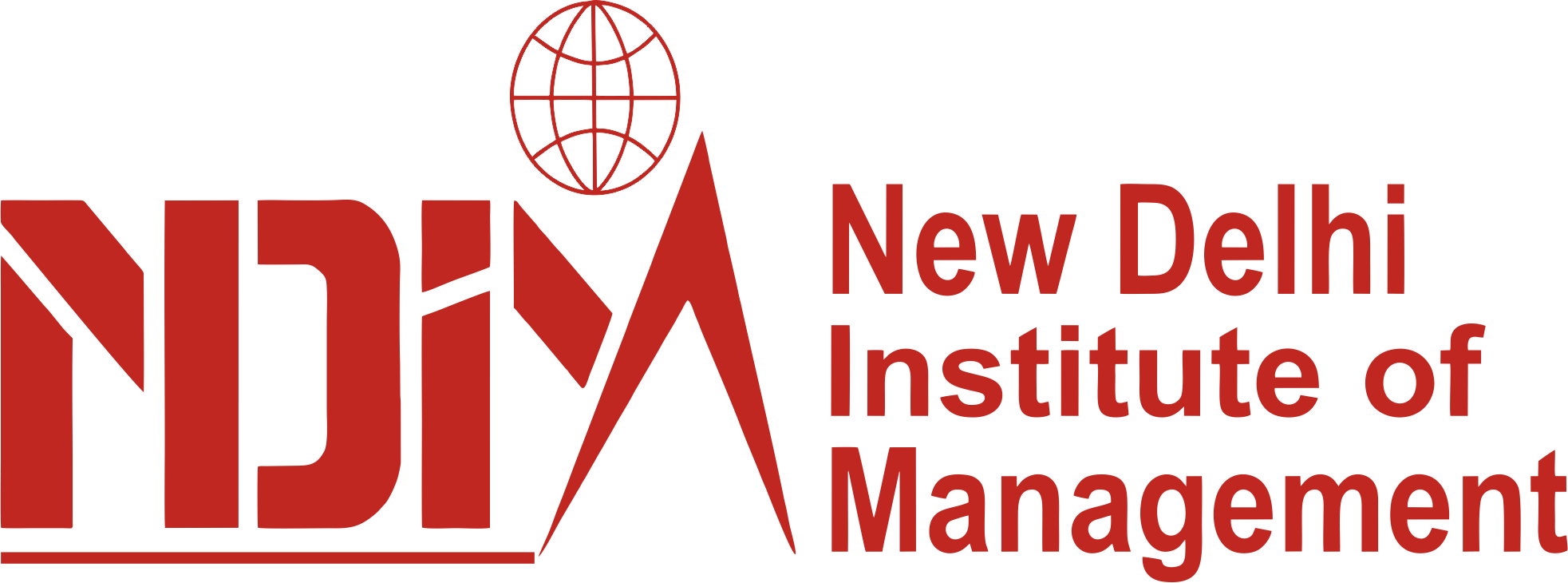career as a Financial Analyst after a PGDM
With fluctuations in investment opportunities and trends, one of the key roles is that of a financial analyst. As markets grow more complex in today’s data-driven world, so does the demand for skilled professionals. In this light, the financial analyst career path has become a coveted choice for many aspiring professionals.
A PGDM in finance prepares aspiring professionals for a rewarding career in this domain. In this program, students learn to navigate complex financial markets, investment analysis, and risk management. Businesses today are seeking more and more strategic insights to drive decision-making and optimize their financial performance. In this article, we will explore how a PGDM in finance equips students with the necessary skills to excel in a financial analyst job and the abundant scope of career growth awaiting them in this field.
Financial Analysis is a wonderful career opportunity for individuals passionate about finance. For this, one must have a knack for analyzing data sets to predict financial trends on a macro level. A financial analyst evaluates the tools and techniques used in making financial decisions for an organisation to track its overall performance.
Below are some key skills necessary to become a Financial Analyst:
Financial Analysis:
A financial analyst job needs the ability to interpret data sets regarding an organisation’s finances. PGDM in Finance students develop strong foundational knowledge in financial statement analysis, ratio analysis, valuation methods, and valuation techniques in order to assess company health – providing executives with actionable insight into liquidity, solvency, and profitability.
Quantitative Skills:
A PGDM in Finance helps develop one’s quantitative skills, an essential asset in the financial analyst career path. Students learn statistical analysis and financial modeling that allows them to assess complex financial scenarios accurately, helping identify business opportunities for stakeholders while steering an organization’s financial activities toward success.
Risk Management:
Effective risk management has become a must in our globalized economy. A career as a financial analyst might seem focused on quantitative analyses alone, but they must also learn to mitigate and manage risks effectively. Students taking up a PGDM in Finance learn to evaluate different kinds of financial risks such as market, credit, and operational risks to become effective analysts and recommend proactive steps against such dangers.
Corporate Finance:
An integral aspect of financial analyst careers lies in developing a holistic view of an organisation’s financial structure. To do this, one must gain an understanding of corporate finance functions. A PGDM in Finance explores capital budgeting, cost of capital, dividend policy, and capital structure providing insights into corporate financial management and decision-making processes.
A financial analyst must not only be adept at overseeing the current financial decisions of an organisation but must also have the ability to scour markets to identify investment opportunities. PGDM in Finance offers students interested in financial analyst jobs an opportunity to learn portfolio management techniques such as asset allocation strategies that allow them to optimize returns while efficiently overseeing investment portfolios as a financial analyst.
Application Invited for PGDM 2025 at NDIM
A PGDM in Finance equips students with all of these key skills necessary to pursue diverse career options as financial analysts in different settings such as banks, investment firms, consulting firms, or corporate finance departments. Their responsibilities may include:
- Conducting financial research to evaluate investment opportunities and market trends.
- Generating financial models, forecasts, and reports that support decision-making by management and investors.
- Assessing the financial performance of companies by analyzing key performance indicators and identifying areas for improvement.
- Tracking economic indicators, industry trends and regulatory developments to predict market changes and assess their potential impact on investments.
- Offering advice to clients and stakeholders on investment strategies, asset allocation strategies and risk management techniques.
- Providing recommendations on investment strategies, asset allocation, and risk management to clients and stakeholders.
In addition to technical skills, a successful financial analyst also requires strong interpersonal and communication skills. It is not enough to have the data analytical skills to establish patterns; a financial analyst also has to collaborate with colleagues, present findings to clients and stakeholders, and build rapport with clients. As PGDM programs focus heavily on developing soft skills that make students industry-ready, opting for a PGDM specializing in Finance is the right choice if you want to establish your financial analyst career path. Some of these key soft skills include:
- Communication Skills: PGDM programs focus on developing verbal and written communication skills, including the ability to articulate complex financial concepts clearly and concisely.
- Analytical Thinking: Students are trained to think critically, analyze problems, and develop creative solutions to complex financial challenges.
- Time Management: Given the fast-paced nature of financial markets, time management and prioritization skills are essential for career as financial analysts to meet deadlines and deliver results efficiently.
- Teamwork and Collaboration: PGDM programs often include group projects, case studies, and presentations to enhance teamwork and collaboration skills, essential for success in a collaborative work environment.
In conclusion, financial analysis is a highly sought-after career in today’s data-driven economy. Not only is it important to find the right B-School that provides a comprehensive set of technical and soft skills, but graduates of PGDM programs must also know which specialization will prepare them to navigate the complexities of financial markets. A PGDM in Finance is the most obvious choice for those who wish to shape a financial analyst career path. This is where they are equipped to analyze investment opportunities and drive strategic decision-making.
When considering a management college for your academic journey, one name shines brightly: New Delhi Institute of Management. Hailed as India’s first and only mentor Business School, NDIM is known especially for its industry linkages, for which it has also been awarded by AICTE, ASSOCHAM, and FICCI. NDIM places special emphasis on its Corporate Skills Development classes, where students are equipped with the essential skills required to excel in today’s business landscape. The curriculum is updated regularly to align with the latest industry demands, as per the insights shared by multiple corporate professionals.
NDIM’s commitment to educational excellence is accelerated by practical learning through frequent live projects, mock interviews, and dynamic group discussion sessions. The unparalleled internship and placement opportunities make NDIM the top institution in India in Corporate Interaction, for which NDIM has been awarded by the AICTE-CII for three consecutive years. impressive 100% success rate in placement at NDIM has also been recognized through the Advertising Standards Council of India. To know more, visit our website: https://www.ndimdelhi.org
PGDM stands for Post Graduate Diploma in Management. It’s a management program that offers specializations in various fields, including finance, marketing, human resources, etc. It’s equivalent to an MBA but offers more flexibility in curriculum design and implementation.
Financial Analysts analyze financial data and trends to provide insights and recommendations to businesses or individuals for making investment decisions. They assess the performance of stocks, bonds, and other types of investments.
PGDM programs often include courses in finance, accounting, economics, and quantitative analysis, which provide a strong foundation for a career as a Financial Analyst. The skills and knowledge gained during PGDM studies can be directly applicable to financial analysis roles.
Strong analytical skills Proficiency in financial modeling and analysis Understanding of financial markets and investment strategies Excellent communication skills Attention to detail Ability to work under pressure and meet deadlines Proficiency in using financial analysis tools and software
Financial Analysts can work in various industries, including banking, investment firms, corporate finance departments, consulting firms, and government agencies. They can specialize in areas such as equity research, credit analysis, risk management, or financial planning and analysis.
Salaries for Financial Analysts vary depending on factors such as location, experience, industry, and the size of the company. However, entry-level positions typically offer competitive salaries, and with experience and additional qualifications, you can expect significant salary growth over time.
Yes, a career as a Financial Analyst can provide a solid foundation for transitioning into roles such as portfolio manager, investment banker, finance manager, or even executive positions like Chief Financial Officer (CFO), depending on your interests and career goals.


